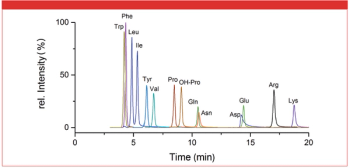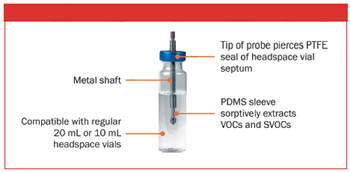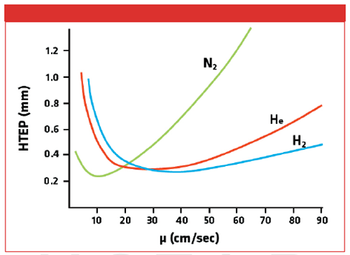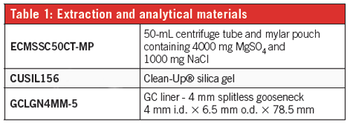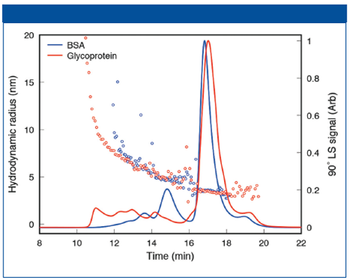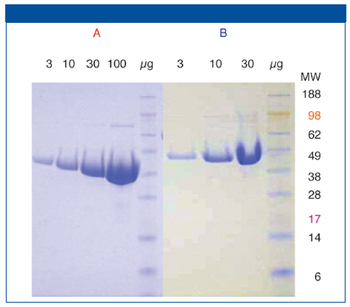
The Application Notebook
Polycyclic aromatic hydrocarbons (PAHs) are found worldwide and are emitted from a number of sources including fossil fuel, coal and shale oil derivatives, coke production, and burning wood for home heating, and generally arise from incomplete combustion. Surface water supplies, such as water in ponds, may be used for recreational purposes or become a drinking water source. Characterization of PAHs and their concentration is of interest in maintaining public health.




